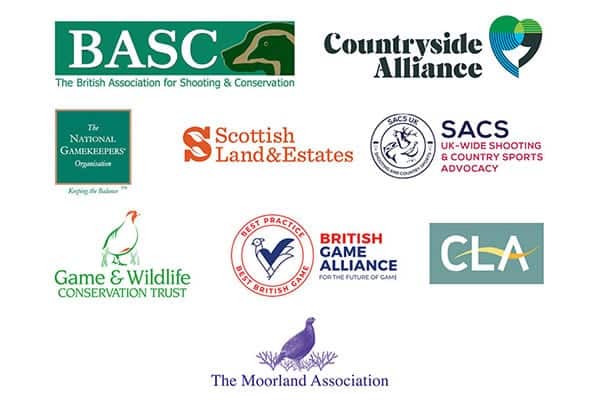
A joint statement on the future of shotgun ammunition for live quarry shooting
Together we wish to see an end to both lead and single-use plastics in ammunition used by those taking all live quarry with shotguns within five years.
Get information on the legal shooting season for mammals and birds in the UK.
Apply for funding for your project or make a donation today
Comprehensive information and advice from our specialist firearms team.
Everything you need to know about shotgun, rifle and airgun ammunition.
Find our up-to-date information, advice and links to government resources.
Everything you need to know on firearms law and licensing.
All the latest news and advice on general licences and how they affect you.
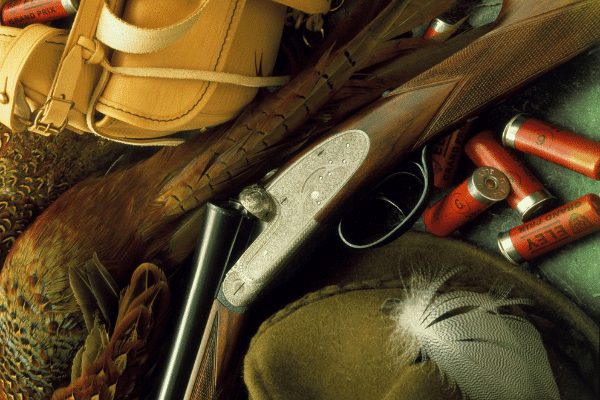
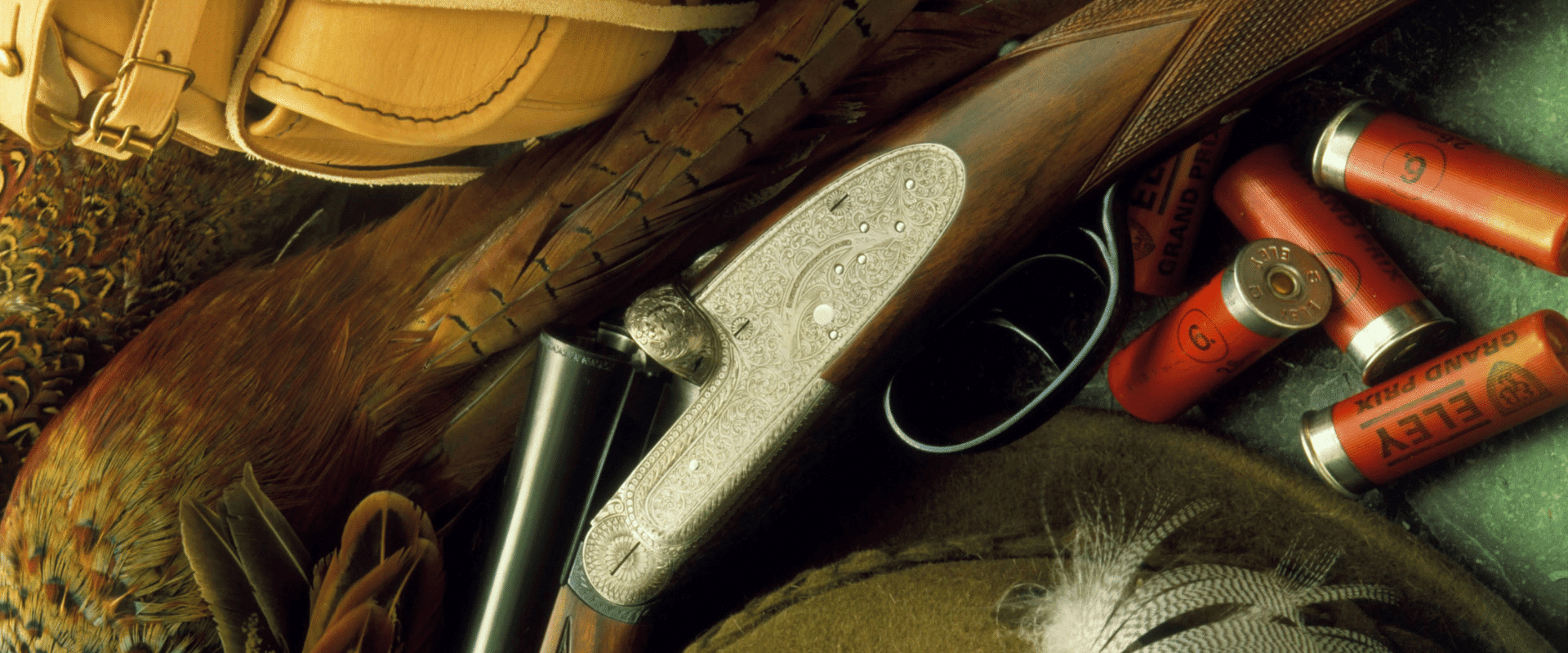
The Health and Safety Executive has proposed a ban on most outdoor recreational uses of lead ammunition. Dr Conor O’Gorman and Dan Reynolds review the proposals, BASC’s position and outline how you can help. This article first appeared in the July/August edition of Shooting & Conservation magazine.
In May, a six-month public consultation launched on proposals to restrict or ban the use of lead ammunition for outdoor recreational shooting in England, Wales and Scotland.
The restriction proposals have been made by the Health and Safety Executive under the UK’s post-Brexit chemical regulations referred to as ‘UK Reach’. Indoor shooting activities are excluded from a ban, as are any military and non-civilian uses of lead ammunition. Northern Ireland is excluded from these proposals due to the NI protocol and continues to be subject to EU Reach regulations.
The main proposals being consulted on are as follows:
Proposed transition periods for the above restrictions to take effect would vary from 18 months to five years. Buy-back schemes for lead shot cartridges and rifle ammunition have been proposed, albeit with no details given of how that would work in practice.
The restrictions must be evidence-based and proportionate to the risk and work to realistic transition periods that account for global supply chain issues.
BASC is opposed to the restriction proposals because lead ammunition can continue to be used for most forms of target shooting where risks are appropriately and proportionately controlled through the application of existing directives and regulations.
BASC is opposed to the restriction proposals because lead airgun pellets can continue to be used for live quarry and target shooting where risks are appropriately and proportionately controlled through the application of existing directives, regulations, and best practice guidance.
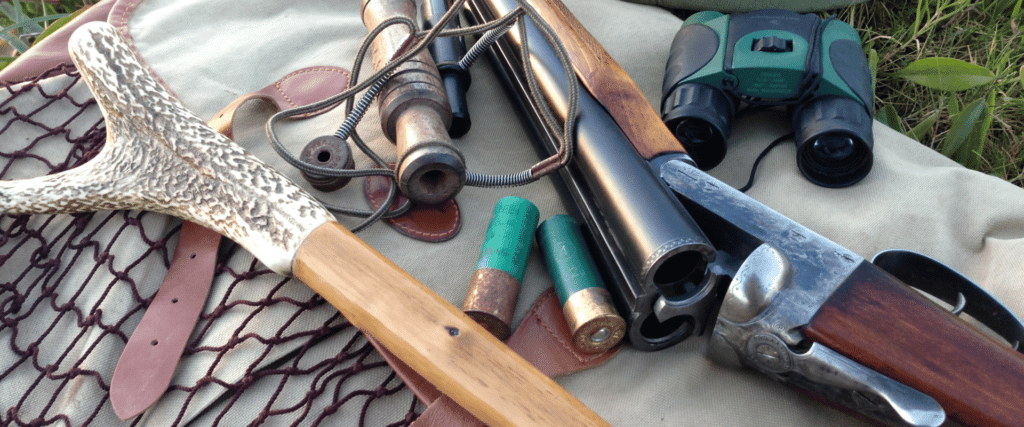
Looking at the justifications presented within 500 pages of consultation documents, it is clear that many of the proposals are not evidence-based and go too far. We will fight them!
Of course, the proposals may change (for better or worse), and there will be several rounds of consultation. Throughout the process, we will hold firm to some over-arching principles.
We will challenge restrictions where there are no viable alternatives to lead, where socio-economic factors mean a transition isn’t appropriate, and where lead can continue to be used in settings that present negligible or no risk.
We will fight for timelines that are realistic and guided by the sector to ensure that the range of lead-free products and their supply can meet market demands.
Working closely with other organisations, we will ensure that the needs of both live quarry and target shooting interests are considered, and we will continue to oppose one-size-fits-all restrictions.
Over the coming months there will be scientific scrutiny of the findings and proposals by members of the ‘REACH Independent Scientific Expert Pool’.
BASC has been approved as an accredited stakeholder by HSE and we will ensure that the proposals are robustly scrutinised and that any future restrictions are based on evidence and proportionate to identified risks. We will not accept disproportionate restrictions that unfairly disadvantage our members and their shooting activities.
A draft socio-economic opinion on the impact of the HSE proposals will follow later this year or in early 2023, which will also be open to public consultation.
The review will culminate in recommendations being submitted no later than April 2023 to the Secretary of State for Environment, Food and Rural Affairs for consideration.
Thereafter, a legislative proposal will likely be subject to parliamentary scrutiny and consultation with devolved administrations.
If we have concerns that the resulting legislative proposals are disproportionate and will damage shooting, we will lobby for them to be revised.
Although BASC will be fighting many of the proposals, we do accept that in some settings lead ammunition poses an exposure risk that must be controlled. Managing proven risks is beneficial to the environment and the long-term future of sustainable shooting.
The sector has already committed to a voluntary transition away from lead shot and single-use plastics for live quarry shooting and has ambitions to source small and large game from lead-free supply chains.
The online survey consultation response form is open to any individual to complete, and you do not need to answer all the questions.
Many members are simply answering the ‘general comments’ question on the second page of the survey form. Responses would be helpful on how a potential ‘buy-back’ scheme for lead ammunition might operate, and how effective this could be. Also, if you or your club has any evidence or studies on the use and performance of lead alternatives, please submit them in your response.
The ammunition manufacturers will be responding on the technical, economic, research and development issues related to lead alternatives.
Operators of outdoor shooting ranges will be responding to questions around licensing of ranges. They will also be giving evidence on possible costs of adaptation to meet licensing requirements and information on the costs of remediation for lead in soil.
Contact us
Feedback from members is helping to guide our consultation response and improve our website FAQs. Thank you to those who have already taken the time to write to us.
If you would like more information on the science or have any queries on the restriction proposals or BASC’s position, please email conor.ogorman@basc.org.uk


Together we wish to see an end to both lead and single-use plastics in ammunition used by those taking all live quarry with shotguns within five years.
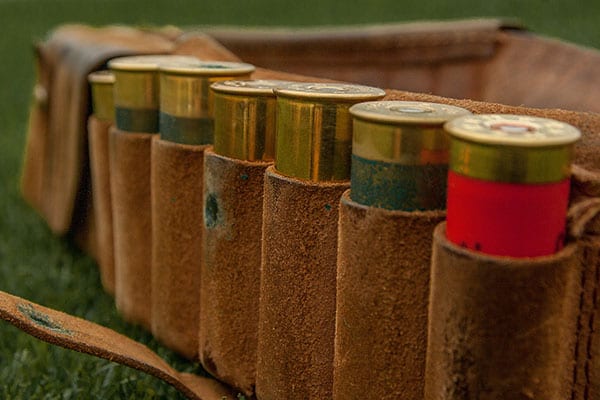
Restrictions on lead ammunition production in the EU could have an impact on UK trade and the voluntary transition away from lead shot for live quarry shooting.

Read our full response to the announcement of a two-year UK REACH review of the use of lead ammunition.
Sign up to our weekly newsletter and get all the latest updates straight to your inbox.
© 2025 British Association for Shooting and Conservation. Registered Office: Marford Mill, Rossett, Wrexham, LL12 0HL – Registered Society No: 28488R. BASC is a trading name of the British Association for Shooting and Conservation Limited which is authorised and regulated by the Financial Conduct Authority (FCA) under firm reference number 311937.
BASC Direct Ltd is an Introducer Appointed Representative of Agria Pet Insurance Ltd who administer the insurance and is authorised and regulated by the Financial Conduct Authority, Financial Services Register Number 496160. Agria Pet Insurance is registered and incorporated in England and Wales with registered number 04258783. Registered office: First Floor, Blue Leanie, Walton Street, Aylesbury, Buckinghamshire, HP21 7QW. Agria insurance policies are underwritten by Agria Försäkring.
If you have any questions or complaints about your BASC membership insurance cover, please email us. More information about resolving complaints can be found on the FCA website or on the EU ODR platform.